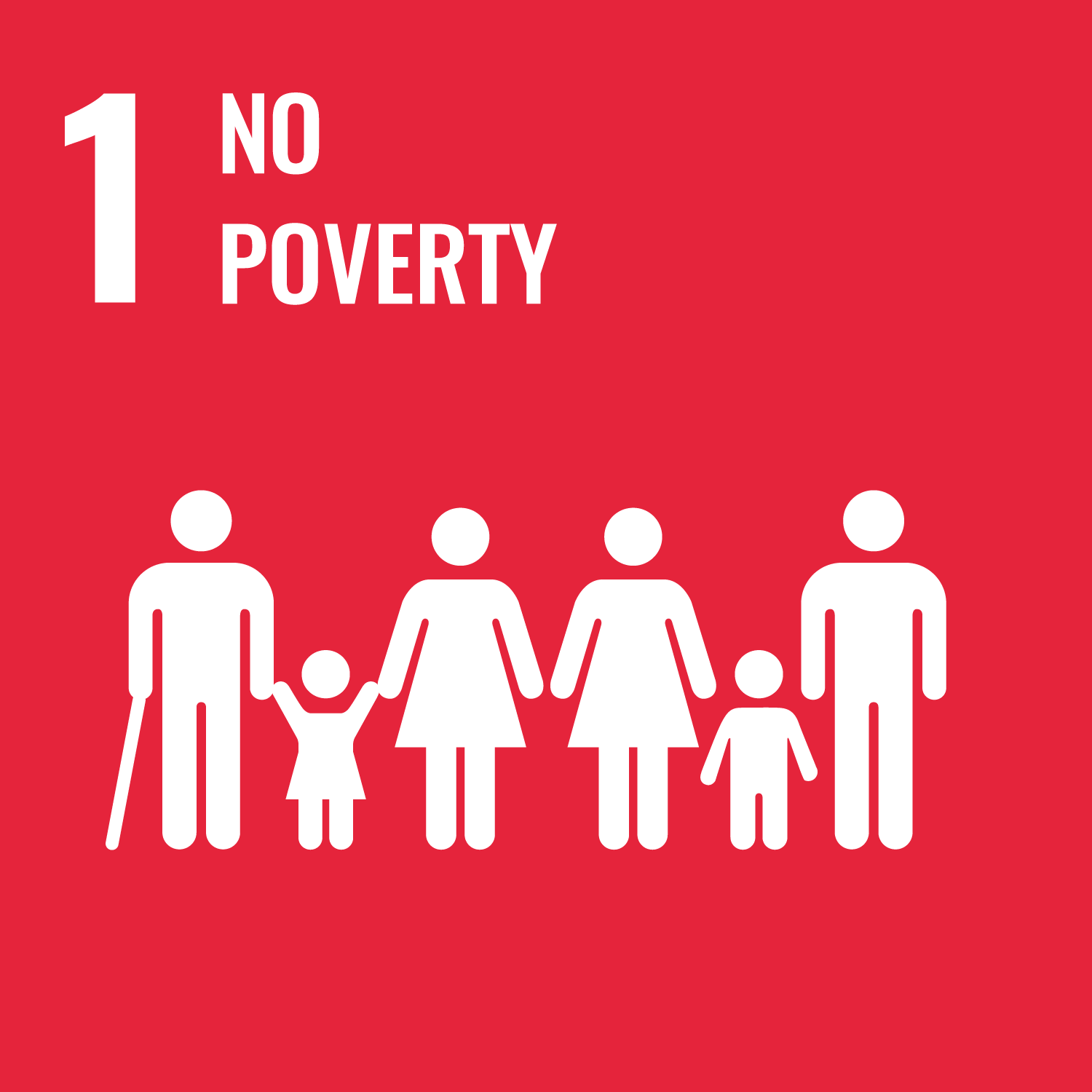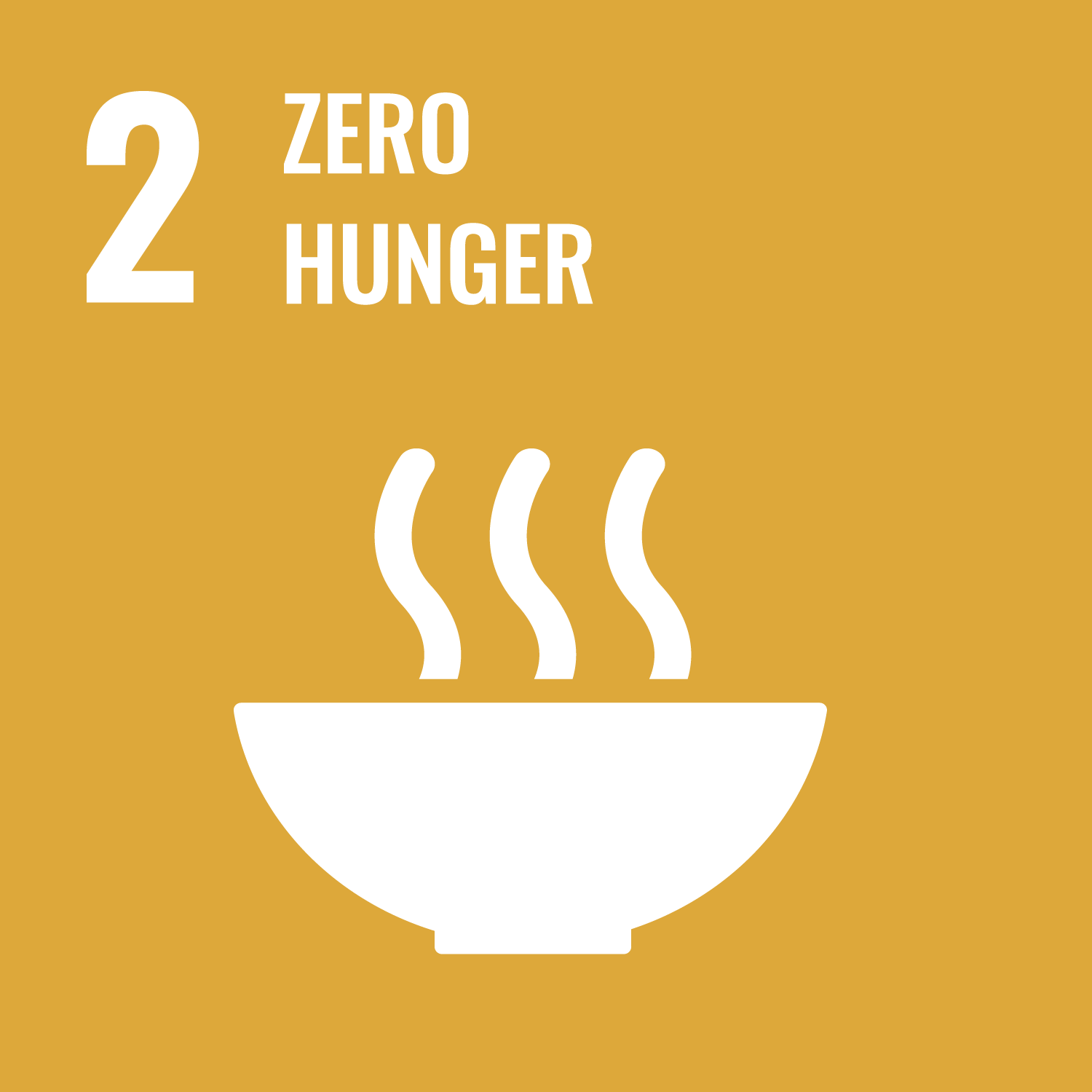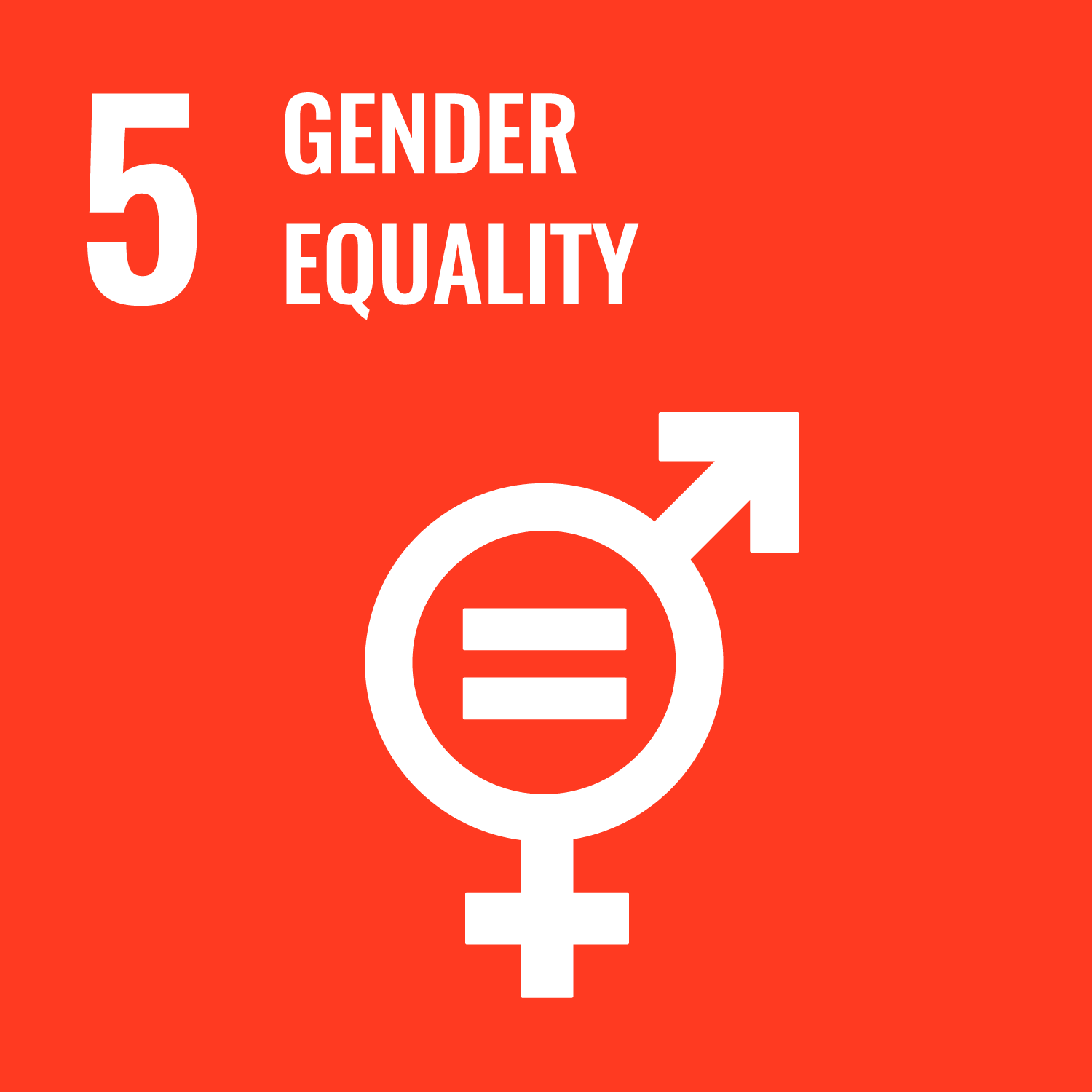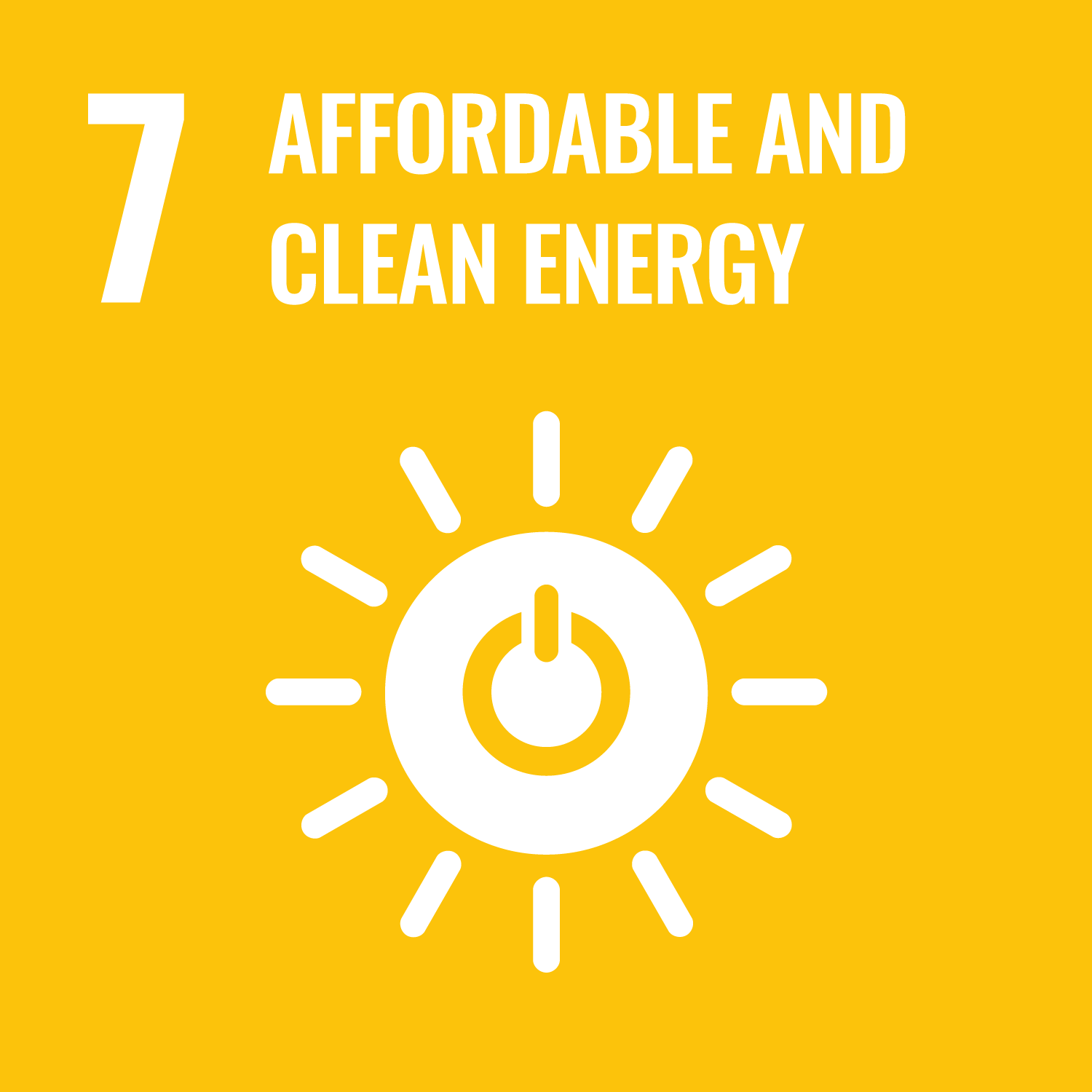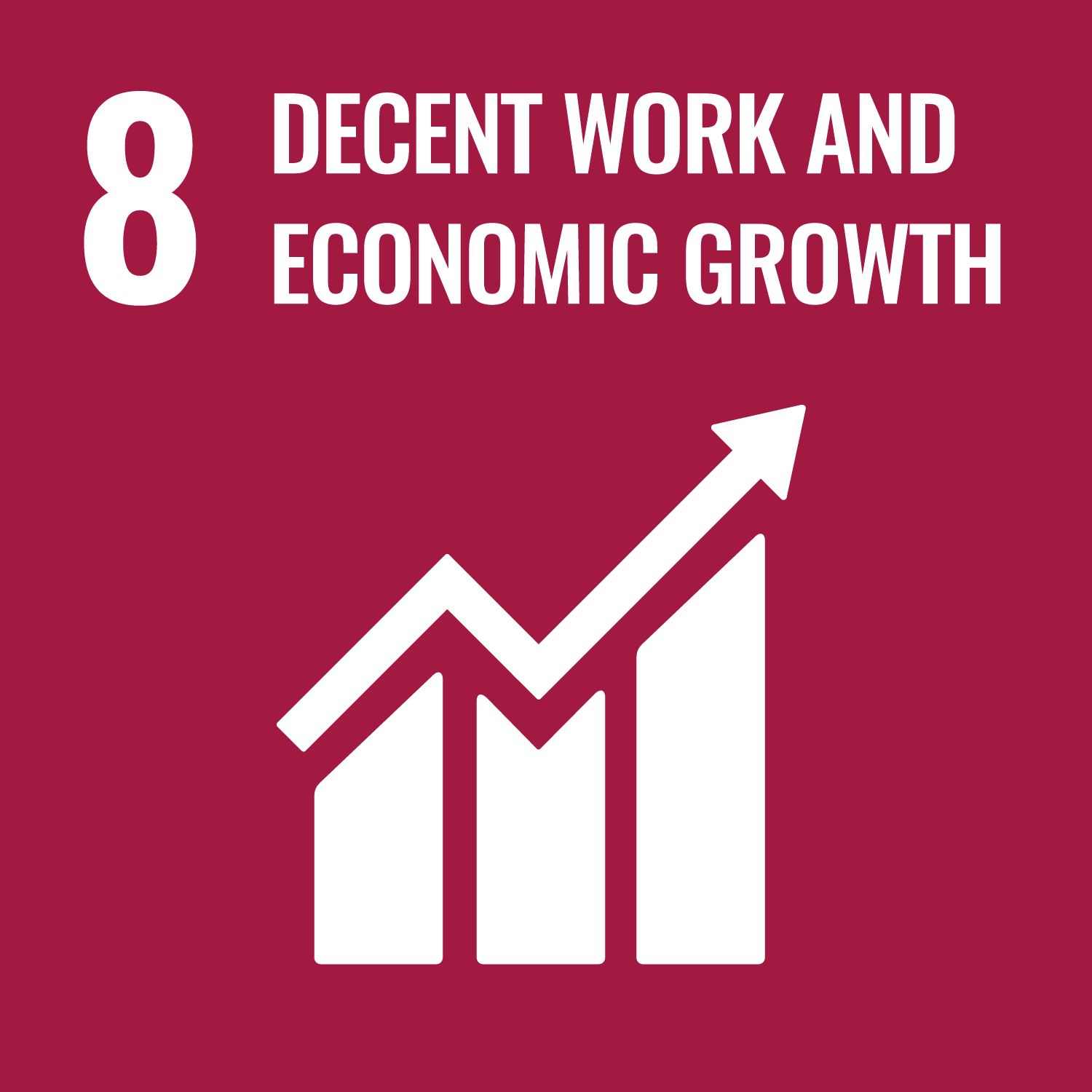Forest restoration, sustainable charcoal and empowered women in Côte d’Ivoire
2021/03/08
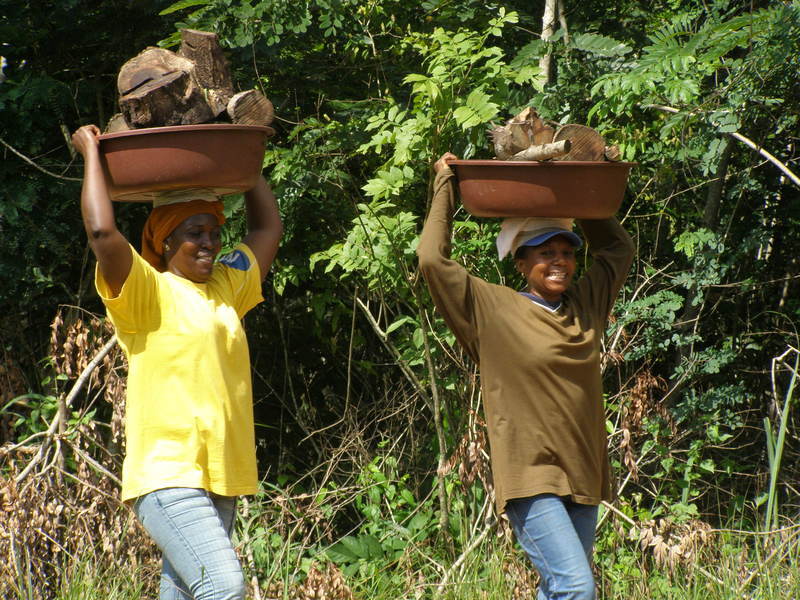 Women from the MALEBI women’s association carry woodfuel harvested in the Ahua gazetted forest, Côte d’Ivoire. Photo: MALEBI
Women from the MALEBI women’s association carry woodfuel harvested in the Ahua gazetted forest, Côte d’Ivoire. Photo: MALEBI
A small grant from ITTO in 2009 provided the stimulus for MALEBI, a women’s association in Côte d’Ivoire, to improve charcoal production using efficient, eco-friendly techniques, in the process increasing the standard of living in the local community and raising awareness of the importance of forest conservation.
Given the success of the first grant, the MALEBI women’s association undertook a larger ITTO project in 2016 to restore a 100-hectare area in the nearby Ahua gazetted forest to ensure a continuous supply of wood for charcoal production.
It is estimated that nearly three-quarters of households in Côte d’Ivoire use wood charcoal or firewood to meet their daily energy needs, and demand is increasing. The Ahua gazetted forest supplies wood for charcoal to meet the cooking and heating needs of the citizens of nearby Dimbokro and Abidjan, and the charcoal business is a significant employer of women and youth.
The MALEBI women’s association achieved a shift in local attitudes towards forests, in which communities become forest caretakers. In part, this was achieved by building local capacity in seedling production, nursery establishment, forest plantation establishment and maintenance, and agroforestry. The project has considerable potential for replication elsewhere in Côte d’Ivoire and beyond.
